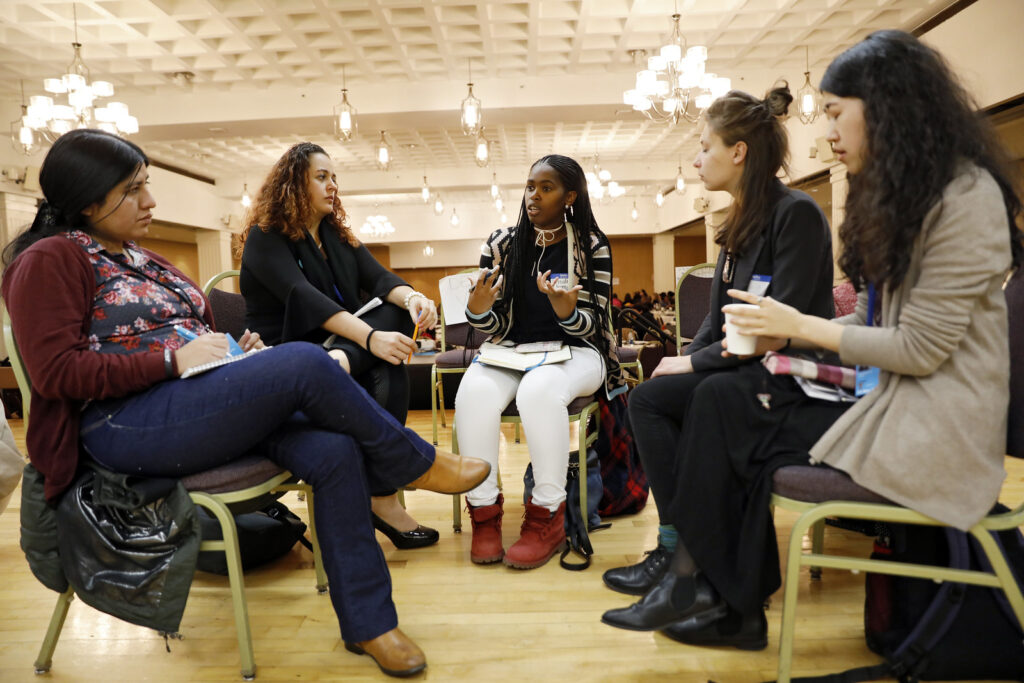Managing Your Mental Health While Navigating Global Conflict

Given the escalating war in Palestine and Israel, you may be experiencing many unsettling feelings. Impact of global conflict can add an extra layer of stress and anxiety to an already challenging phase of life. While acknowledging global conflict, it’s important to safeguard your mental health.
Understanding the Global Landscape
In a world connected via technology and social media, staying informed about global conflicts is easy. However, being inundated with constant updates and negative news can take a toll on your mental health. To maintain a healthy balance:
- Select your news sources carefully: choose reputable sources that provide well-rounded and unbiased information. Consume a variety of news sources. Fact-check information and verify the accuracy of news stories or social media posts.
- Be aware of confirmation bias: when consuming media, people often choose to consume news from sources that align with their reality and existing beliefs. This can have negative effects, so it is important to foster a more balanced and informed perspective.
- Limit your consumption: set designated times to review world events and avoid obsessive scrolling.
Engage in Constructive Conversations

One of the most powerful ways to cope with global conflict is to engage in meaningful discussions. By participating in discussions like this you can also process your emotions and gain different perspectives on the issues at hand.
- Join clubs and organizations on your campus
- Engage with instructors and peers
- Join demonstrations in your community to engage in diverse conversations
Cultivate Resilience
Resilience is the ability to adapt and bounce back from adversity, and it’s an essential skill when navigating global conflict. Some ways to build your resilience include:
- Practicing mindfulness: mindfulness meditation and deep breathing exercises can help you stay centred. Be sure to check out your free subscription to Mindwell.
- Maintaining a healthy lifestyle: take part in regular exercise, move your body, consume a balanced diet and get enough sleep to boost your physical and mental resilience.
- Seeking counselling: if you are struggling with feelings of anxiety, depression, experiencing vicarious trauma or PTSD don’t hesitate to reach out to supports.
Take Action!

Feeling powerless, anxious, or more stressed than normal during a global conflict? Consider taking action in the ways that align with your values.
- Volunteer: join organizations that provide aid to the regions affected by the conflict.
- Advocate for change: stay informed about protests happening near you and join one. Sign petitions or lobby for legislation related to global issues. Email your local premiers about your concerns.
- Stay informed about conflict resolution: consider what’s stopping the conflict from resolving. Understanding the efforts for resolving the conflict can provide a sense of hope and purpose.
Set Boundaries
Balancing your academic and personal life during global conflict is important. Establish clear boundaries to protect your mental health.
- Schedule regular breaks: make time for self-care, relaxation, or spending time with loved ones.
- Take a break from screens: set a screen time limit and engage in other activities to destress.
- Know when to step back: discussions about global conflict can get heated. If your involvement becomes overwhelming, take a break to recharge and reconsider where to expend your energy and emotions.
Student Resource Reminders
There are resources that you can access for your mental health and well-being. Be sure to use them if you are struggling or need to talk to someone.
- Student Counselling Services
- Indigenous Support Services
- Campus Well-Being
- Campus Mental Health Specialist
- Community Crisis Resources
Staff Resource Reminders
Supports for All
You may also be interested in our Supports and Resources page.
